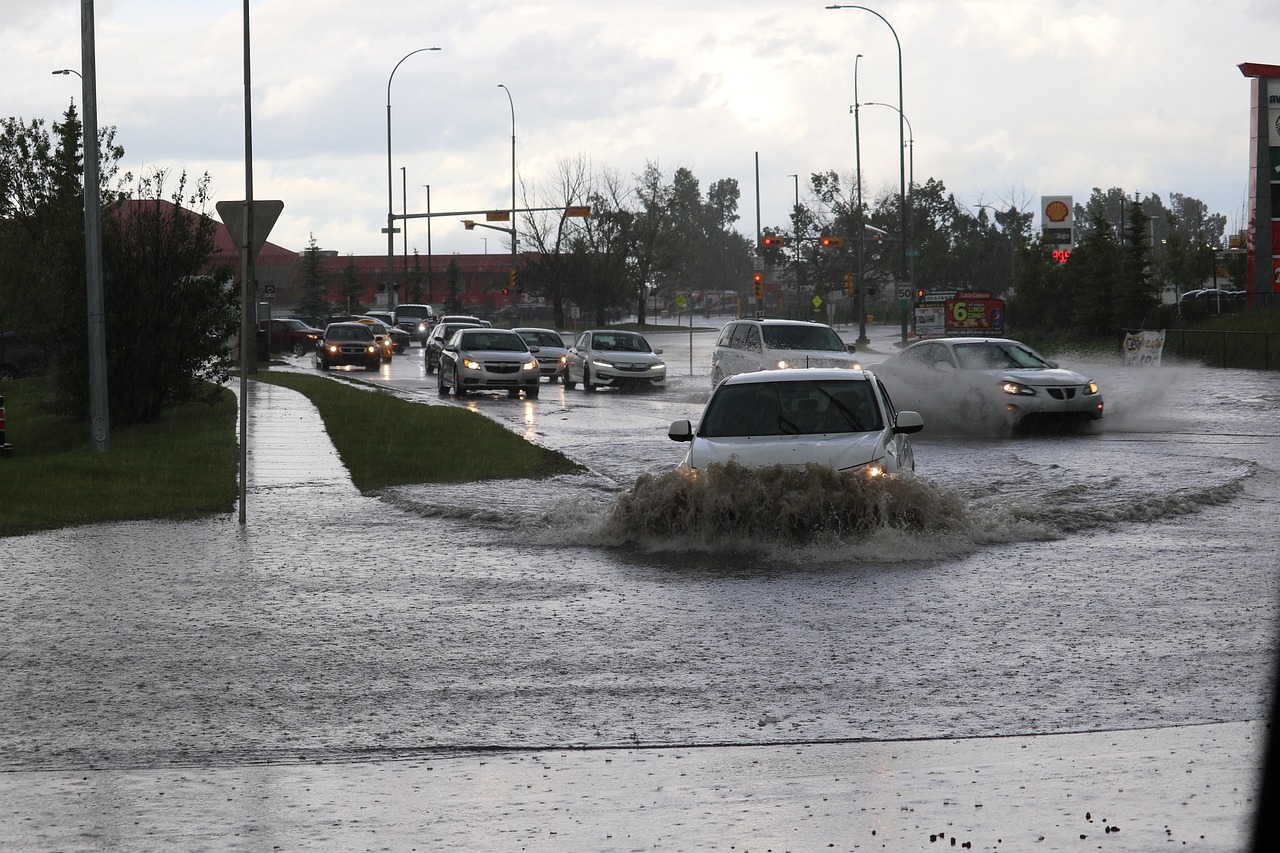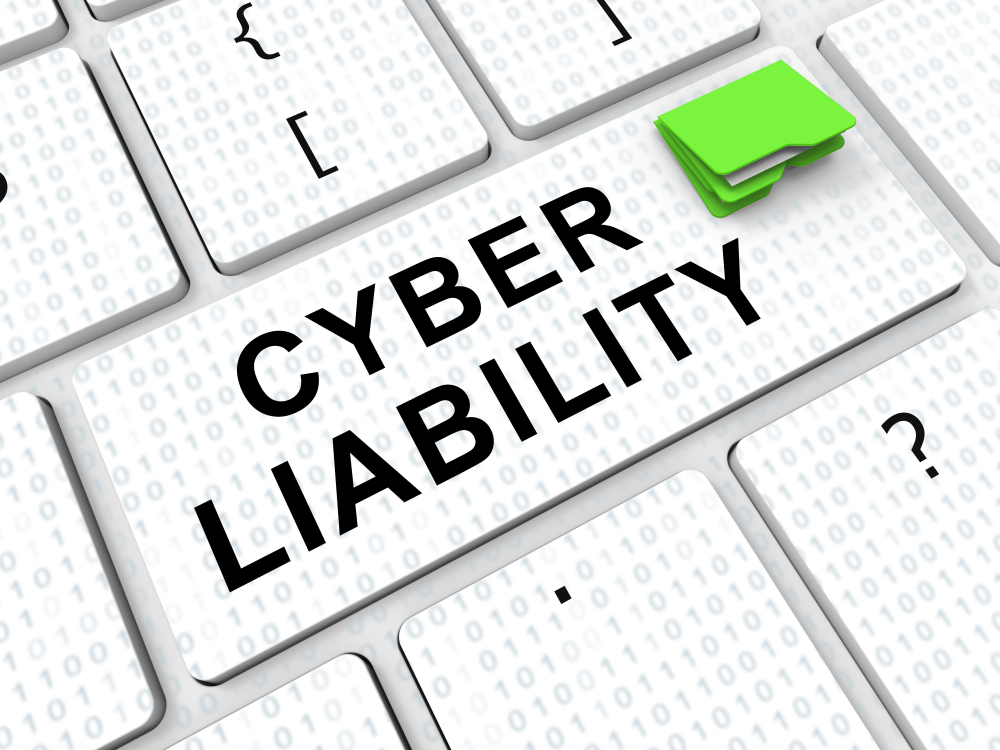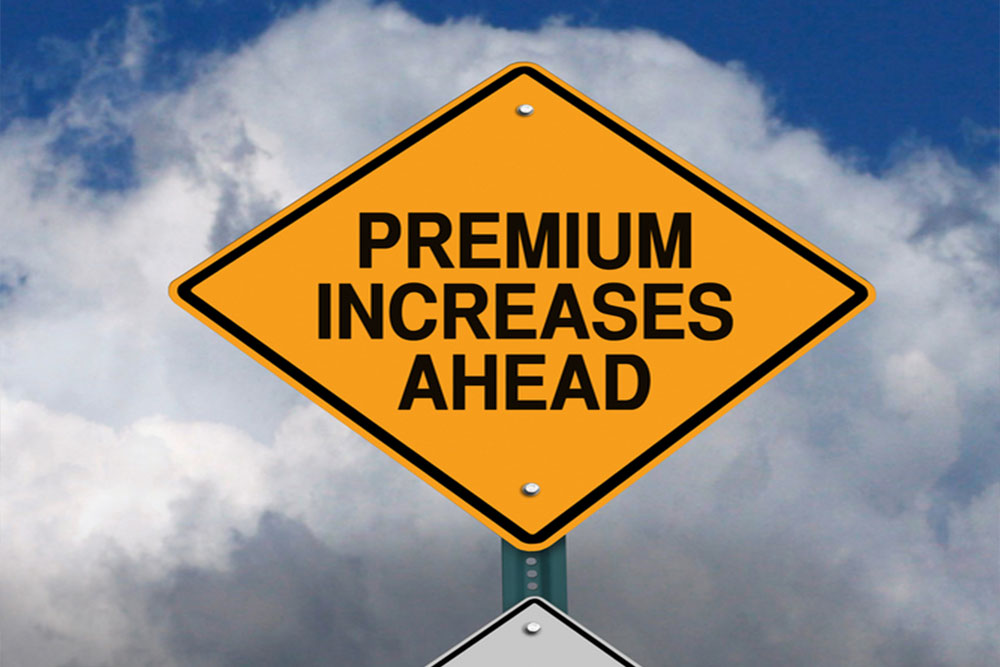Electricity can kill or severely injure people and cause damage to a property. However, you can take simple precautions when working with or near electricity and electrical equipment to significantly reduce the risk of injury and damage.
What are the hazards that electrical contractors face?
The main hazards of working with electricity are:
- Electric shock and burns from contact with live parts
- Injury from exposure to arcing
- Fire from faulty electrical equipment or installations
- An explosion caused by an unsuitable electrical apparatus or static electricity igniting flammable vapours or dusts
Electric shocks can also lead to other types of injury. For example, a shock might cause a fall from a ladder, which could lead to a sprain or broken limb.
How to minimise electrical hazard risks?
Conduct a risk assessment of electrical hazards that includes:
- Who could be harmed by electrical hazards
- How the level of risk has been established
- Precautions taken to control risks
The risk assessment should take into consideration the type of electrical equipment used, the way in which it is used and the environment that it is used in.
You must make sure that the electrical installation and the electrical equipment is suitable for its intended use and the conditions in which it is operated, and that it is only used for its intended purpose.
In wet surroundings, unsuitable equipment can become live and make its surroundings live too. Fuses, circuit-breakers and other devices must be correctly rated for the circuit they protect. Isolators and fuse-box cases should be kept closed and, if possible, locked.
Cables, plugs, sockets and fittings must be robust enough and adequately protected for the working environment. Ensure that machinery has an accessible switch or isolator to cut off the power quickly in an emergency.
Maintenance
You must make sure that electrical equipment and installations are maintained to prevent danger.
Users should carry out visual checks of electrical equipment, including portable appliances. Remove the equipment from use immediately and repair or replace it if:
- The plug or connector is damaged
- The cable has been repaired with tape or is not secure
- Internal wires are visible
- Burn marks or stains are present (suggesting overheating)
- Repairs should only be carried out by a competent person—someone who has the necessary skills, knowledge and experience to carry out the work safely.
Perform frequent checks on items that are more likely to become damaged (such as portable electrical tools). Checks are needed less frequently for equipment that is less likely to become damaged (such as desktop computers).
Visual checks are not usually necessary for small, battery-powered items, or for equipment that works from a mains-powered adaptor (such as laptops). However, the mains-powered adaptor for such equipment should be visually checked.
Consider whether electrical equipment, including portable appliances, should be more formally inspected or tested by a competent person. You should also determine how often such inspections should be completed.
Make arrangements for inspecting and testing fixed wiring installations, including the circuits from the meter and consumer unit supplying light switches, sockets and wired-in equipment (such as cookers and hairdryers), to be carried out regularly so there is little chance of deterioration leading to danger. This work should normally be carried out by a competent person, usually an electrician.
When is someone competent to do electrical work?
A competent person is someone who has the training, skill, knowledge and experience to carry out the work safely and prevent injury to themselves and others.
A successfully completed electrical apprenticeship, with some post-apprenticeship experience, is a way of showing technical competence for general electrical work.
More specialised work, such as maintenance of high-voltage switchgear or control system modification, is likely to require additional training and experience.
Key Points
- Ensure that workers know how to use the electrical equipment safely.
- Make sure enough sockets are available. Check that socket outlets are not overloaded by using unfused adaptors, as this can cause fires.
- Ensure there are no trailing cables that can cause people to trip or fall.
- Switch off and unplug appliances before cleaning or adjusting them.
- Ensure that everyone looks for electrical wires, cables or equipment near where they are going to work, and that they check for signs warning of dangers from electricity and other hazards. Remind your employees that electrical cables may be within walls, floors and ceilings (especially if your employees will be drilling into these locations).
- Make sure anyone working with electricity has sufficient skills, knowledge and experience to do so. Incorrectly wiring a plug can be dangerous and can lead to fatal accidents or fires.
- Stop using equipment immediately if it appears to be faulty. Have it checked by a competent person.
- Ensure that any electrical equipment brought to work by employees, or any hired or borrowed, is suitable for use before using it and remains suitable by being maintained as necessary.
- Consider using a residual current device (RCD) between the electrical supply and the equipment, especially when working outdoors or within a wet or confined place.
Overhead electric lines
- Be aware of the dangers of working near or underneath overhead power lines. Electricity can flash over from them, even though machinery or equipment may not touch them.
- Don’t work under power lines when equipment (such as ladders, crane jibs, and scaffold poles) could come within six metres of one without getting advice from the line owner. Speak to the line owner before any work begins.
Underground cables
- Always assume cables will be present when digging in the street, pavement and/or near buildings.
- Consult local electricity companies and service plans to identify where cables are located.
Electrical Contractors Insurance
If you’re looking for insurance to protect yourself or your electrical contractor business, we’re more than happy to provide you a no-obligation quote or a free review of your upcoming renewal. We’re specialists in this sector therefore, we have a strong understanding of the insurance requirements you need protect your business.
Call us on 01536 303310 or complete our quote form and we’ll be in touch as soon as possible.









